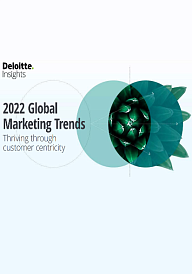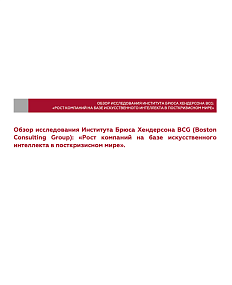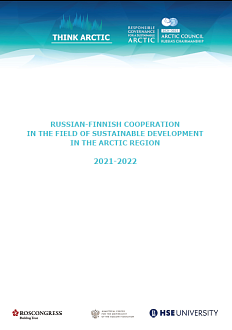The publication by Deloitte contains an analysis of marketing trends based on a survey of senior executives and customers.
The Roscongress Foundation presents the salient points of the publication accompanied by fragments of broadcasts of relevant panel discussions from the business programme of international events held by the Roscongress Foundation.
To attain strategic goals that go beyond making profits, companies need inclusive marketing and creative talent.
The customers’ expectation that the purpose of businesses should go beyond maximizing profits is becoming more common. A survey by Edelman Trust Barometer conducted in 2021 shows that 68% of consumers believe they have the power to force corporations to change, and 86% of people expect CEOs to speak out on societal issues. Whether it’s creating a more equitable world, reaching net-zero emissions, or protecting consumer privacy, to name a few, many organizations are redefining the articulation of why they exist and how they make an impact beyond profit. For many, having «purpose» drive much of their business and operations has gone from aspiration to strategic priority. With this elevated prioritization comes greater complexities, as businesses rethink everything from their product delivery and brand messaging to employee and community engagement strategies. Getting all this right and resonating with consumers who debate which brands to choose is no small task—especially in a world where price and quality still matter.
The authors of the publication emphasize that marketers—and their advertisements—are generally the face of what a brand stands for beyond profit maximization to consumers. And as populations continue to become more diverse and increasingly prioritize representation, it’s important to get the brand authentically right or risk losing your customer of today—and the future. In a fast-paced world, marketers need a talent model that moves at the speed of culture. This includes using agile cohorts of creative and analytical talent to solve customer problems and seeking new forms of external talent.
In handling customers’ personal information, the focus is shifting to a balance between privacy and obtaining first-party data.
Over the past decade, marketers have been experimenting in the digital world to strengthen brand-customer relationships. For example, a proliferation of social channels has altered how marketers interact with their customers in both the business-to-consumer and business-to-business spaces. In tandem, advances in big data and artificial intelligence (AI) have allowed marketers to better target and message customers—and as importantly, measure the effectiveness of those approaches. Fundamental to these advances are third-party cookies (data captured and used from third-party sites). Deloitte analysts point out that now the pendulum is swinging the other direction, toward data privacy: While consumers may appreciate relevant ads, they also have concerns about how their personal information, purchase preferences, and browsing habits are being used. In response, regulations have tightened, and many web browsers and tech companies are disabling third-party cookies—with additional changes and restrictions anticipated down the line. The phasing out of third-party cookies can hinder marketers’ ability to effectively engage with customers in myriad ways, including finding quality prospects, re-engaging customers who have considered a brand’s products but possibly moved away («plugging the leaky funnel»), and measuring the effectiveness of digital ad campaigns. As marketing organizations try to keep up with these changes in sentiment and regulation while continuing to deliver relevant campaigns to consumers, pivoting toward using first-party data in combination with digitalization could help them continue their strategic initiatives. But it’s not just about moving to a first-party data strategy; designing a human-first data experience shifts the lens to consumers to better understand the balance between people finding the use of their data helpful and, well, creepy. Deloitte analysts assert that marketers should be preparing for an environment where less information will be available as third-party cookies continue to disappear. Further, the experts note that high-growth brands are already ahead in their first-party data strategies.
Video: https://roscongress.org/sessions/analiziruy-vse-revolyutsiya-bolshikh-dannykh/search/#00:04:50.559
Artificial intelligence helps greatly improve customer service.
A dynamic experience for customers means delivering the assistance and information they need, whenever, wherever, and however they want it. One prong of this is the utilization of AI that has enabled brands to deliver more personalized and creative marketing material and helped predict customer behavior. According to Deloitte, designing and deploying an AI strategy that assists customers in their moment of need may be the most effective way to ensure the right offers meet customers at any point in their customer journeys. Artificial intelligence can integrate two marketing tactics— getting the right offers to customers at the right time and delivering great postsales service—to make the customer experience even better.
Video: https://roscongress.org/sessions/kmu-2021-iskusstvennyy-intellekt/search/#01:25:30.752
Gain more insights about emerging technologies and their commercial use in the Artificial Intelligence, AI, Blockchain, Big Data, Innovation infrastructure, and Entrepreneurship sections of the Roscongress Information and Analytical System.






